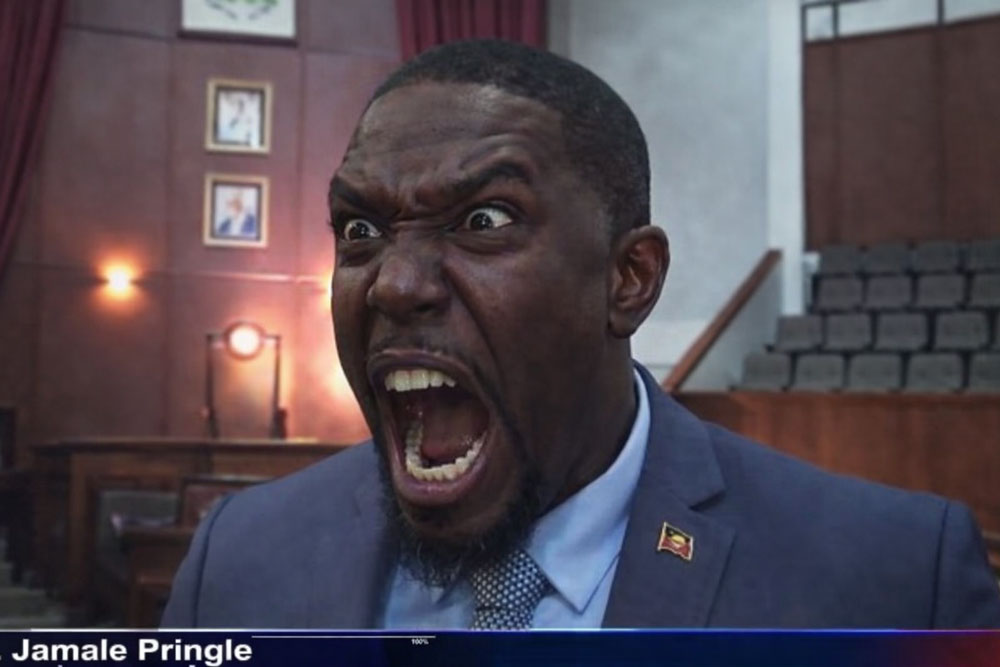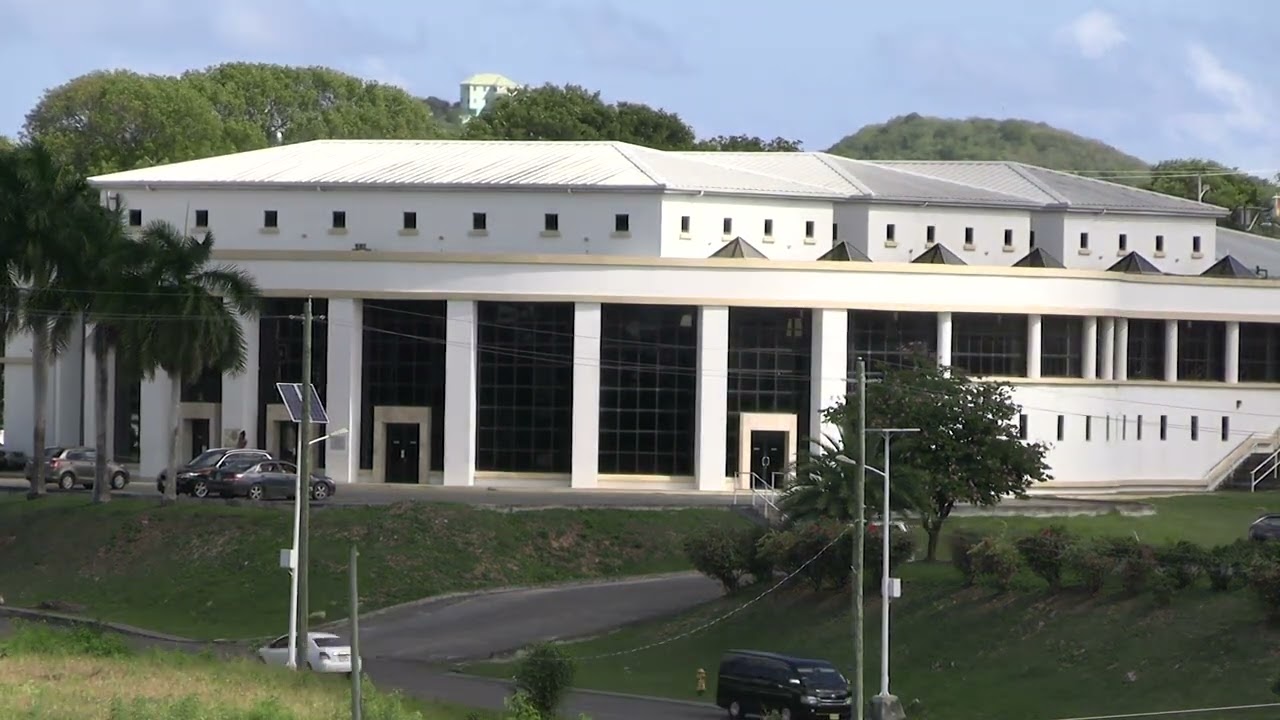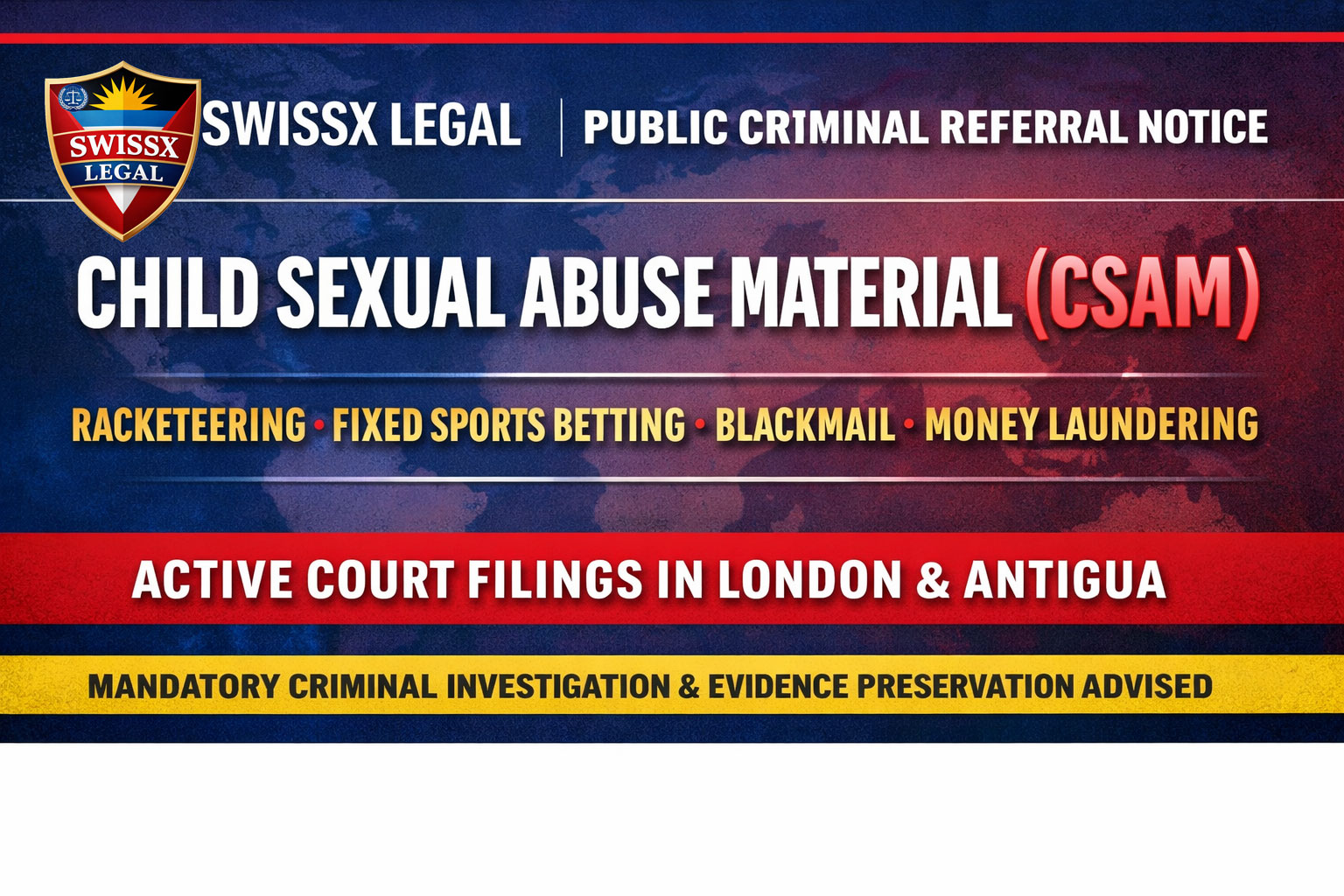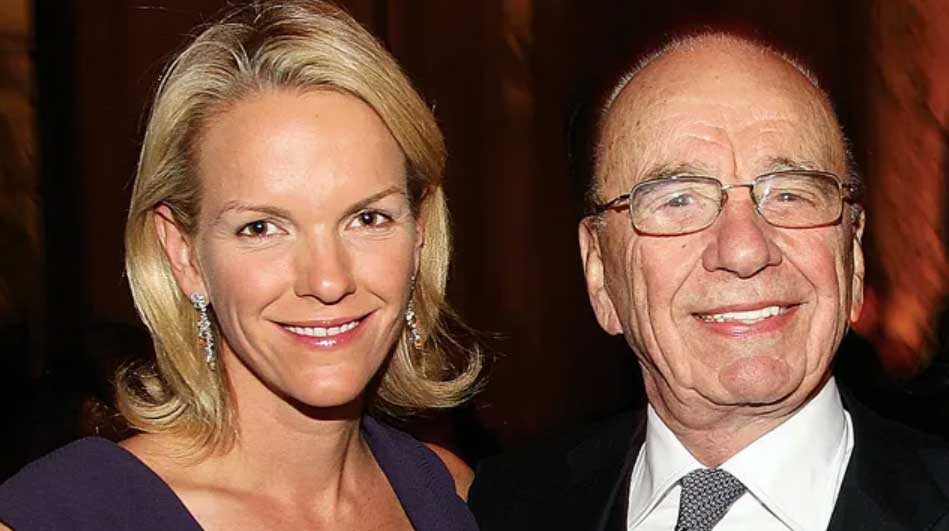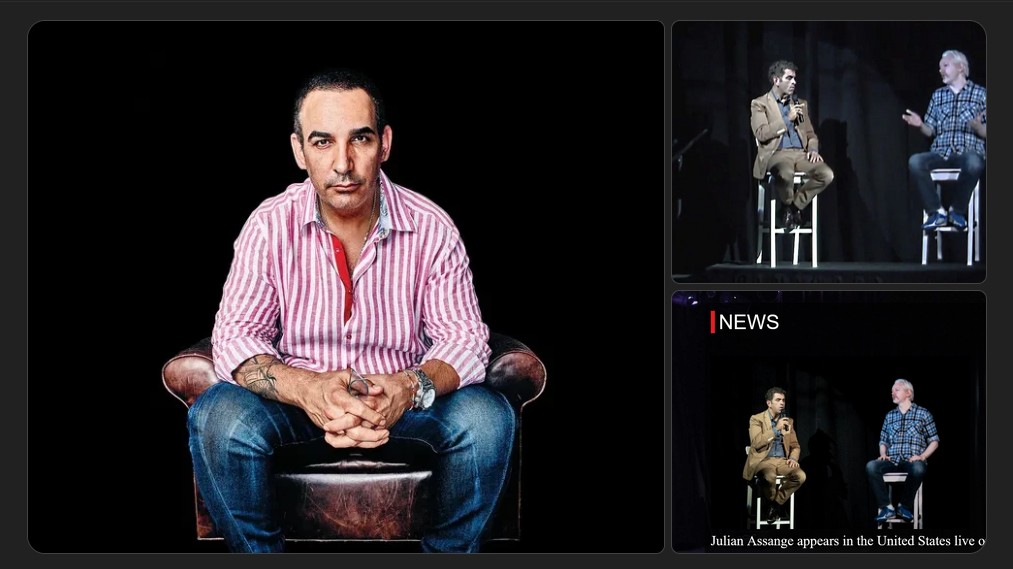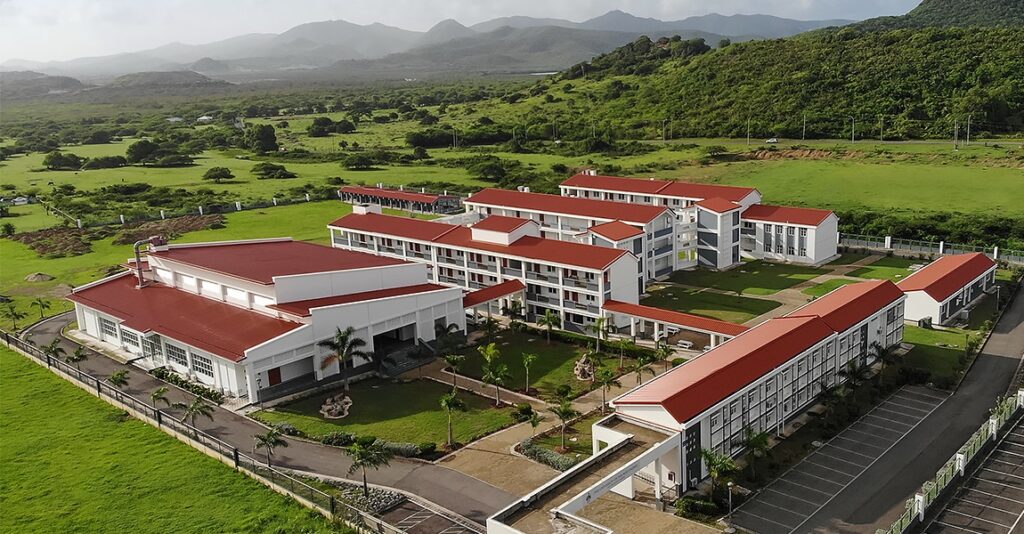The detailed revelation of a complex transnational digital syndicate engaged in serious criminal activities has shocked the global community. The allegations identify major media players, notably CBS Interactive and LimeWire, accused of facilitating and monetizing child sexual abuse material (CSAM) while obstructing justice and silencing whistleblowers.
This comprehensive dossier, presented by Ambassador-at-Large Alkiviades David representing Antigua & Barbuda, outlines the systemic exploitation sustained through digital platforms. The submission to the court highlights the historical context of LimeWire, a now-defunct peer-to-peer sharing service, and its ongoing implications, pointing fingers at CBS Interactive for its finance-driven exploitation strategies.
The report cites extensive evidence of CBS’s role in hosting and promoting LimeWire, monetization strategies that were directly implicated in digital trafficking, including child exploitation materials. It also reveals that Media Defender—a CBS-affiliated anti-piracy organization—was implicated in catalogs of illicitly circulated content.
Ambassador David asserts that his whistleblower contributions regarding CBS's involvement have borne retaliatory actions aimed at suppressing this crucial information. A public archive has been developed to substantiate the claims, comprising internal communications and metadata pointing to systemic malfeasance.
The report further underscores the psychological manipulation employed at media events like Coachella and the aftermath of significant tragedies, alleging that trauma was monetized by aligning performances with exploitative practices, creating a cycle of neurological conditioning through entertainment.
The broader narrative calls into question the integrity of current legal proceedings against David, suggesting that they may be a façade designed to divert attention from CBS’s alleged historical abuses and the interests of entities involved in significant financial and legal corruption.
In conclusion, the dossier outlines a severe indictment against numerous entities—ranging from prominent law firms to various media executives—highlighting their roles in what is described as a coordinated crackdown on dissidents and a multifaceted criminal operation. Under investigation by authorities across various jurisdictions, the findings represent a pivotal movement in a global legal discourse poised to challenge the intertwined relationship between media powerhouses and the exploitation of vulnerable communities, particularly in Small Island Developing States.
This comprehensive dossier, presented by Ambassador-at-Large Alkiviades David representing Antigua & Barbuda, outlines the systemic exploitation sustained through digital platforms. The submission to the court highlights the historical context of LimeWire, a now-defunct peer-to-peer sharing service, and its ongoing implications, pointing fingers at CBS Interactive for its finance-driven exploitation strategies.
The report cites extensive evidence of CBS’s role in hosting and promoting LimeWire, monetization strategies that were directly implicated in digital trafficking, including child exploitation materials. It also reveals that Media Defender—a CBS-affiliated anti-piracy organization—was implicated in catalogs of illicitly circulated content.
Ambassador David asserts that his whistleblower contributions regarding CBS's involvement have borne retaliatory actions aimed at suppressing this crucial information. A public archive has been developed to substantiate the claims, comprising internal communications and metadata pointing to systemic malfeasance.
The report further underscores the psychological manipulation employed at media events like Coachella and the aftermath of significant tragedies, alleging that trauma was monetized by aligning performances with exploitative practices, creating a cycle of neurological conditioning through entertainment.
The broader narrative calls into question the integrity of current legal proceedings against David, suggesting that they may be a façade designed to divert attention from CBS’s alleged historical abuses and the interests of entities involved in significant financial and legal corruption.
In conclusion, the dossier outlines a severe indictment against numerous entities—ranging from prominent law firms to various media executives—highlighting their roles in what is described as a coordinated crackdown on dissidents and a multifaceted criminal operation. Under investigation by authorities across various jurisdictions, the findings represent a pivotal movement in a global legal discourse poised to challenge the intertwined relationship between media powerhouses and the exploitation of vulnerable communities, particularly in Small Island Developing States.



